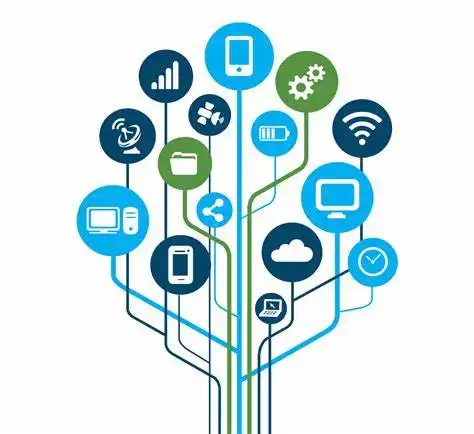Microsoft's recent announcement of Windows 11 was met with mixed reviews, particularly due to the software's minimum system requirements. These seemingly higher requirements could significantly impact the PC market by rendering numerous older systems obsolete.
Much of the controversy centers around Windows 11's stringent TPM (Trusted Platform Module) requirements. TPM is designed to enhance security but has been traditionally optional. With the new Windows 11, TPM Version 2.0 is compulsory, alarming both the consumer and manufacturing market.
The sudden change has sparked concerns among researchers and analysts. One significant worry is that if Microsoft maintains these requirements, it could potentially remove an estimated 60% of the existing PCs from the upgrade cycle. This would equate to almost 1 billion PC units globally, a colossal number that could dramatically shake up the current PC market.

These billions of PCs deemed unsuitable by Windows 11 standards span various brands and models, including numerous systems that are only a few years old. The concern is that under such stringent rules, even new systems might also become ineligible for further upgrades, resulting in a decrease in PC longevity.
From a consumer standpoint, the primary issue is the inconvenience. For users with fairly recent models that would suddenly be rendered obsolete, it could lead to frustration, potential dissatisfaction, and reduced faith in Microsoft. This could also push these consumers to opt for different operating systems and platforms instead.
Another concern is the probable waste that it could generate. Complete system replacements instead of targeted updates could result in unnecessary e-waste. With increasing global focus on reducing waste and promoting sustainability, this decision may be against public sentiment.
Kaspersky, a global cybersecurity company, points out other problems. The firm identifies potential risks related to older system users being forced to use unsupported software, without security patches and updates. This situation can pose significant security threats, compromising user data and system integrity.
Meanwhile, manufacturers might have to deal with a complex situation. Accelerated obsolescence could open up new sales avenues as consumers scramble to replace their old devices. However, it also poses a risk of inventory pile-up with older models deemed 'obsolete'.
For companies manufacturing PC components, such as processors and motherboards, there could be considerable disruptions. They will have to adapt to the market demands for TPM and may have to rethink their production strategies, affecting financially, operationally and logistically.
For the motherboard manufacturers, specifically, the situation represents a catch-22. They'd either have to invest in new systems compatible with TPM 2.0 or face potential losses with obsolete motherboards that won't work with Windows 11.
The potential market shift due to the TPM restrictions is not limited to manufacturers and consumers. It's predictive that it could triple the second-hand market, with many users trying to dispose of 'outdated' PCs. This could manifest as a boom for used PC vendors, but a problem for those striving for a more circular economy.
For software developers, they would also have to adapt their programs to the newer PC systems. This could entail resources and time that may not necessarily be beneficial in the long run, especially for smaller-scale developers or those working on niche products.
The sudden change pushes the tech industry to a crossroads, one side of which is Mixed Reality. Microsoft’s latest move seems to nudge PC users towards enhanced reality applications, which require more advanced hardware. Such functionalities could justify some of the more stringent requirements of Windows 11.
The changing landscape forces PC users to rethink their overall approach. They would have to make choices about continuing with lesser-supported older versions of Windows, transitioning to a different operating system, or biting the bullet and investing in a new system.
There is also the possibility that Microsoft could revise its requirements. The company has in the past shown willingness to adjust to market reactions, and it's conceivable they could provide a more lenient upgrade pathway or extend the support for earlier Windows versions.
Indeed, with widespread discussions ongoing, Microsoft may need to consider user apprehension over such abrupt market changes. A phased approach to more stringent system requirements may be a more palatable path for both consumers and manufacturers.
All in all, while Windows 11 has the potential to promote the use of more secure and efficient systems, the hard line taken with TPM 2.0 does pose significant issues. The concerns encompass the whole of the PC industry, from manufacturers and developers to end-users.
It remains to be seen whether the benefits will outweigh the drawbacks in this case. The upcoming years will inevitably be transformative ones for the PC market, and how it adapts to these changes will be intriguing to watch.
With the dust of the initial announcement somewhat settled, the tech world now awaits Microsoft's next move regarding Windows 11. Along the way, it will be interesting to see how the balance between security improvements and widespread compatibility unfolds in this new era of personal computing.